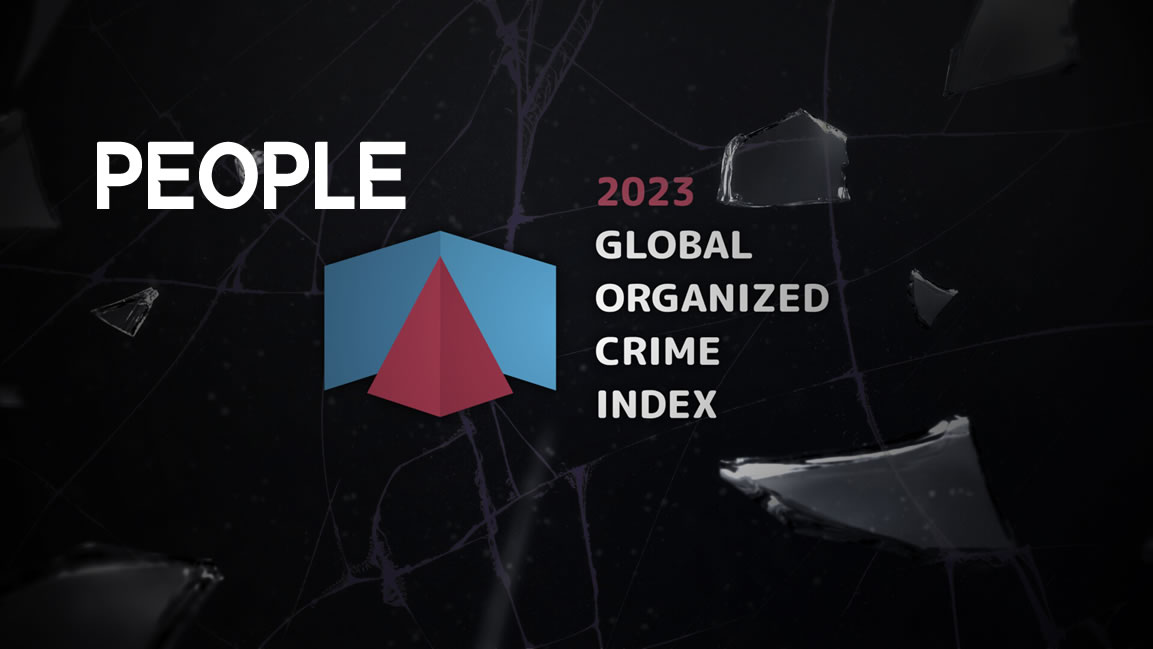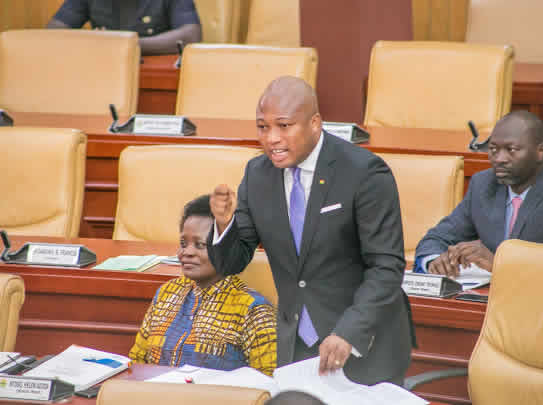2023 Global Organized Crime Index For Ghana On People

People
Human trafficking poses a serious problem in Ghana, encompassing forced labour, sexual exploitation, and child trafficking. The country is used as a transit point for West Africans, who are often destined for sex trafficking in Europe. Major cities such as Accra, Kumasi and Takoradi, as well as border areas of Elubo, Aflao, Bawku and Bolgatanga, are hotspots for this crime. The issue permeates Ghanaian society, with traffickers embedded within various sectors of the economy. The exploitation of Ghanaian children is prevalent in fishing, domestic service, street hawking, mining, agriculture, and other industries, with children often being offered to traffickers by family members. Foreign nationals also experience forced labour. Cuban medical professionals are reportedly compelled to work in Ghana by their government, while Chinese nationals are subjected to bonded labour in mining and fishing, in formal and informal sectors. Ghanaians working on Chinese-owned industrial vessels are allegedly exploited, enduring forced labour, abuse, underpayment, limited medical care, and poor living conditions.
Transnational Ghanaian smugglers are reported to play a pivotal role in the development of West Africa’s human smuggling industry. Ghana, being one of the more stable and economically attractive countries in the region, acts as an important transit and destination country for irregular migrants. This is allegedly facilitated by local knowledge of clandestine routes into the country, especially from neighbouring Burkina Faso. The Free Movement Protocol within the Economic Community of West African States zone means the vast majority of intra-regional movement does not require the services of smugglers. However, once in Ghana, many irregular migrants are then smuggled beyond the ECOWAS zone, mainly to Europe and the Middle East, when smuggling services become necessary. Ghana is also known as a regional hub for the production of fake travel documents and counterfeit American and European visas, largely due to corruption and the presence of many foreign consulates in Accra. Human smugglers are integrated into Ghanaian society and are often perceived as facilitators of movement rather than criminals.
Extortion and protection racketeering in Ghana have been observed more as individual acts rather than organized crime group activities. The introduction of an anti-LGBTQ+ bill by Ghana’s parliament has led to an increase in targeted attacks against the LGBTQ+ community, including incidents of blackmail and extortion, where individuals are threatened to be reported to the authorities. Ghana also experiences sporadic incidents of kidnapping and threats of kidnapping for ransom in the northern regions of the Upper East and Upper West. Armed bandits are active in remote border areas and may target foreign nationals.






